Property valuers, also known as real estate appraisers, are professionals who determine the market value of properties. Their services are utilised by homeowners, buyers, sellers, lenders, attorneys, and government agencies to establish fair prices for real estate transactions.
Understanding Property Valuers
Property valuers must complete thorough education and training to gain the skills needed for accurate property valuations. In most countries, they are required to be licensed or certified to legally provide appraisal services.
To become a qualified valuer, individuals typically need to:
- Earn a bachelor’s degree in a relevant field like business, finance, economics, or real estate. Courses in valuation methods, property law, and statistics are particularly applicable.
- Complete 2-3 years of appraisal training under the supervision of an experienced, licensed valuer to gain hands-on experience.
- Pass national or state licensing exams to demonstrate competence in valuation concepts, principles, and procedures. Requirements vary by location.
- Obtain certification from professional associations like the Royal Institution of Chartered Surveyors (RICS) or the Appraisal Institute. This validates their expertise in the field.
- Continuously pursue professional development through courses and seminars to stay updated on best practices, regulations, and technology.
The day-to-day work of a property valuer involves inspecting properties, analysing data, conducting market research, and preparing detailed reports. Strong analytical, mathematical, written, and interpersonal skills are essential. Valuers must also exhibit objectivity, attention to detail, and integrity in their work.
The Property Valuation Process
There are several key steps involved in valuing a property:
Inspection
The valuer conducts a thorough interior and exterior inspection of the property to observe and document its physical characteristics and condition. This provides critical data needed for an accurate valuation.
Market Research
Extensive research is done to analyse sales and listings of comparable properties (“comps”) recently sold or currently for sale in the same area. This establishes an understanding of the local real estate market and pricing trends.
Data Analysis
The valuer analyses all collected data about the property and market, including the location, size, age, condition, amenities, market demand, economy, zoning, and other factors impacting value.
Valuation Methodology
Using the data and comps, the valuer applies industry-accepted methods like the sales comparison approach, cost approach, and income approach to determine the property’s value. The approaches utilise mathematical modelling and the valuer’s professional judgement.
Report Preparation
The appraiser prepares a detailed valuation report summarising the property details, valuation method(s) used, comps, calculations, assumptions, limitations, and the final opinion of value. The report is reviewed for quality control before delivery to the client.
Certification
The report is signed by the valuer, certifying that it complies with all relevant regulations and that the valuation represents an impartial, unbiased opinion formed through diligent analysis of all available data.
Obtaining a professional valuation by a licensed, experienced property valuer provides clients with a trusted, objective assessment of real estate value. Their expertise and methodical process delivers credible results that minimise risk in property transactions. With sound valuations, all parties can confidently move forward in the buying, selling, lending, or taxation of real estate assets.



